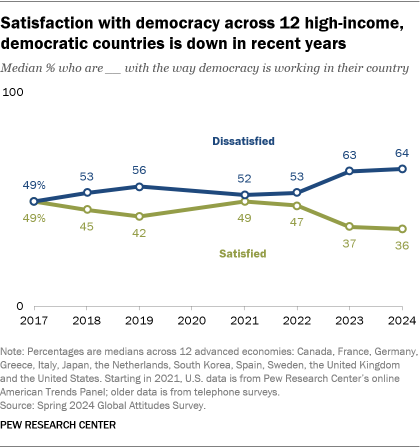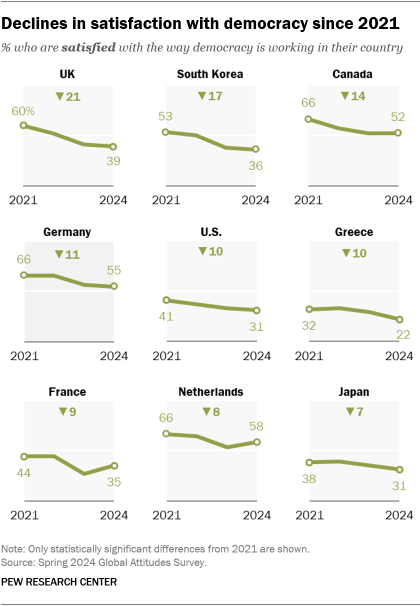Testimony by Stefaan Verhulst to the German Bundestag: “Let me begin by highlighting the potential of data when used and reused responsibly. Although we hear much about the risks of using data–and many of the fears are indeed justified–it’s also important to keep in mind the very real possibilities that data offers for advancing the public good.
We live in a datafied world, characterized by an unprecedented supply–even glut–of data. In this world, data has become a critical resource for informing policy and decision-making processes. When properly analyzed and utilized, data can play a critical role in helping policymakers–and other stakeholders–address a range of critical problems, in sectors as diverse as public health, climate, innovation and economic development, combating urban decay–and much more.
Sometimes this data is readily available. Most of the time it is not. One of the areas with the biggest potential–yet also significant challenges–is data reuse – data already collected for one purpose using it for another. Data reuse can provide invaluable insights into current phenomena, help us understand the causes of emerging trends, and guide us in developing effective solutions to pressing challenges. Moreover, analysis from data re-use can serve as a powerful tool for anticipating future developments and prescribing targeted interventions…
Despite the very potential of data and data reuse, it’s undeniable we face significant challenges in realizing data’s full societal value.
One of the primary obstacles is a lack of access to high-quality, timely data by the public sector, civil society, and other groups that are working toward the public good.
We live in a paradoxical situation today, marked both by the availability of an unprecedented amount of data, but also by unprecedented asymmetries in access to that data for reuse in the public interest.
I believe that the growing asymmetries between those who have data (often from the private sector) and those who are best positioned to use it for the public good, represents one of the major challenges of our era.
Data policy to date has primarily focused on preventing the misuse of data, often for valid reasons as mentioned earlier. However, this approach has inadvertently overlooked the missed uses of data – the opportunities we fail to capitalize on due to overly restrictive policies or lack of innovative frameworks for data sharing and utilization…
Given these challenges, what can policymakers do? What steps can policymakers such as yourselves – and other stakeholders, from the private sector, academia and civil society – take to help maximize the potential of our datafied society and economy, and to ensure that the benefits of our data age are maximized in as equitable and inclusive a manner as possible?..(More)” (German) (See also: Experten: Innovative Ansätze in der Datenpolitik nötig).


